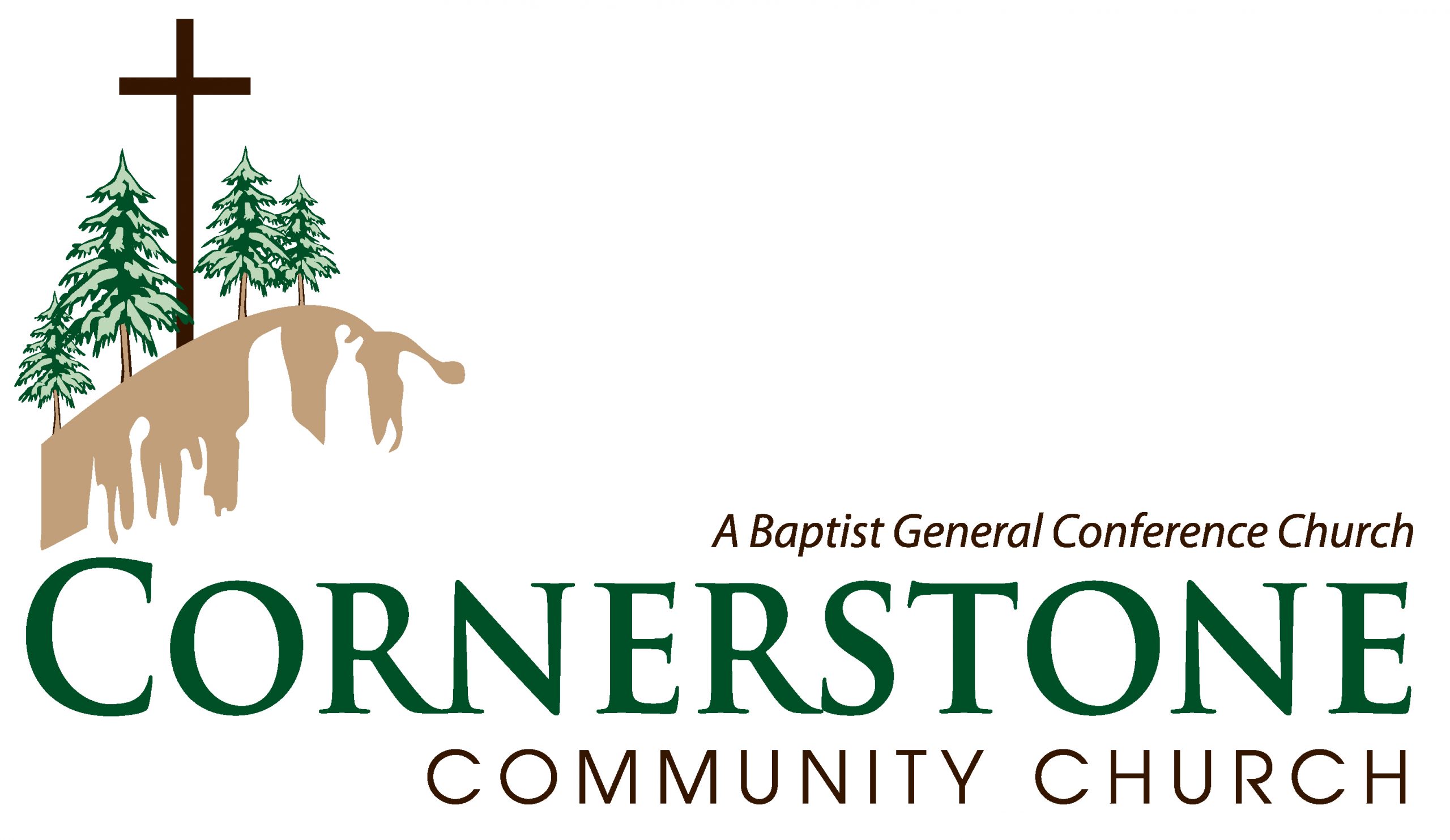Lesson from the Garden
The sky is darkening outside the window as the storm closes in from the west. A gorgeous, sunny day has taken on a new tone, darker, edgier, threatening. The peepers in the pond by the road have grown silent but the leaves on the Russian olive trees have not turned. They usually turn before a storm. I wonder if there will be hail. My “not yet fully paid for” van is parked outside. I hope there isn’t hail.
I want it to rain, though. I’ve planted a vegetable garden this year. Three kinds of peppers, five kinds of squash, purple brussels sprouts, cauliflower, cabbage, broccoli, snow peas (it is northeastern Minnesnowta, after all), potatoes, three kinds of onions, elephant garlic, celery, two kinds of carrots, radishes, rutabagas, four kinds of tomatoes, collard greens (even though it is northeastern Minnesota), and three kinds of asparagus.
Some we planted as seed, others as germinated seedlings, a few as roots, and a couple as well established plants. I go check on them all regularly to weed the space around them and check on their development. I put a fence around them to keep them safe. I water them when nature doesn’t. I do a number of things to contribute to their success, but there is one thing I do not do. I do not remove the dirt from the roots (or the roots from the dirt) to check their ability to grow. Some things are out of my control, and all I can do is wait and let the process of growth that God put in place work itself out.
Imagine what would happen if I uncovered the sweet pepper seeds every day to see if they had germinated, or to measure root growth and spread against the previous day. Imagine what would happen if I pulled a radish from the ground every day to see how big it was getting. How many times could I put it back in the ground before it would wither and die. Some life processes are best tended by leaving them alone and trusting them to do what they were designed by God to do.
Jesus once told his disciples this parable:
The kingdom of God is as if a man should scatter seed on the ground. He sleeps and rises night and day, and the seed sprouts and grows; he does not know how. The earth produces by itself, first the blade, then the ear, then the full grain in the ear. But when the grain is ripe, at once he puts in the sickle, because the harvest is come (Mark 4:26-29, ESV).
Three interrelated attitudes are illustrated here: trust, patience, and faith. The farmer trusts that mature plants grow from planted seeds. He’s experienced the process before and is confident it will play out successfully once again. Then, there must be patience. Letting the process proceed without interference or interruption. Finally, there must be faith, the willingness to depend on an expected outcome based on unseen evidence. I may not see my seeds germinating, I may not see my plants flowering, I may not see the bees pollinating, but I believe all this will happen and plan for the harvest.
Often, our lives are like God’s garden and the events of our lives seeds that once planted will surely bring a harvest. The key to a successful harvest: contribute when you should, wait patiently when you must, trust confidently all the while, that God’s good intent will bear good fruit.


No Comments